Workshop: Latin influence on the syntax of the languages of Europe
Materias de especialidad:
Descripción:
We invite authors to submit case studies on (presumed) Latin syntactic copies from the different language families of Europe (Germanic, Romance, Celtic, Slavonic, Baltic and Finno-Ugric, isolates). The papers will deal with one or several of the following research questions:
- Is the phenomenon under study in line with the known Latinization strategies? What does the study add to the typology of Latinization strategies?
- What kind of contact did Latin have with the language under examination? What other languages may have influenced the new construction?
- Is contact a sufficient explanation for the Latin syntactic copy under examination? What kind of evidence can be used to state that the new construction is a calque? Which other factors play a role in this instance of language change?
- Does the syntactic phenomenon under examination lend itself to calquing? What kind of evidence can we provide for this?
- How can the timing of the Latin influence be accounted for? Why did the new Latin-based construction not arise earlier?
- What role did translations play in the creation and extension of the new construction? To what extent is Latin a conduit of the «sacral stamp» of Greek?
- What do we know about the actualization of the new constructions? By means of which linguistic mechanisms does the actualization of a new form proceed?
- How can the study of Latin syntactic copies and cognates be related to the SAE Sprachbund? Is there evidence to argue that this Sprachbund is influenced or determined by Latin-based features? What role does “roofing” play in generating clusters of shared calques?
- Which repercussion does the proposed study have for functionalist explanations of language change?
We invite all interested colleagues to submit a 300 word abstract to: bert.cornillie@arts.kuleuven.be by November 22nd 2014 at the latest.
Abstracts should contain title, names and affiliation at this stage. The convenors will make a selection of contributions t
País:
Países Bajos
